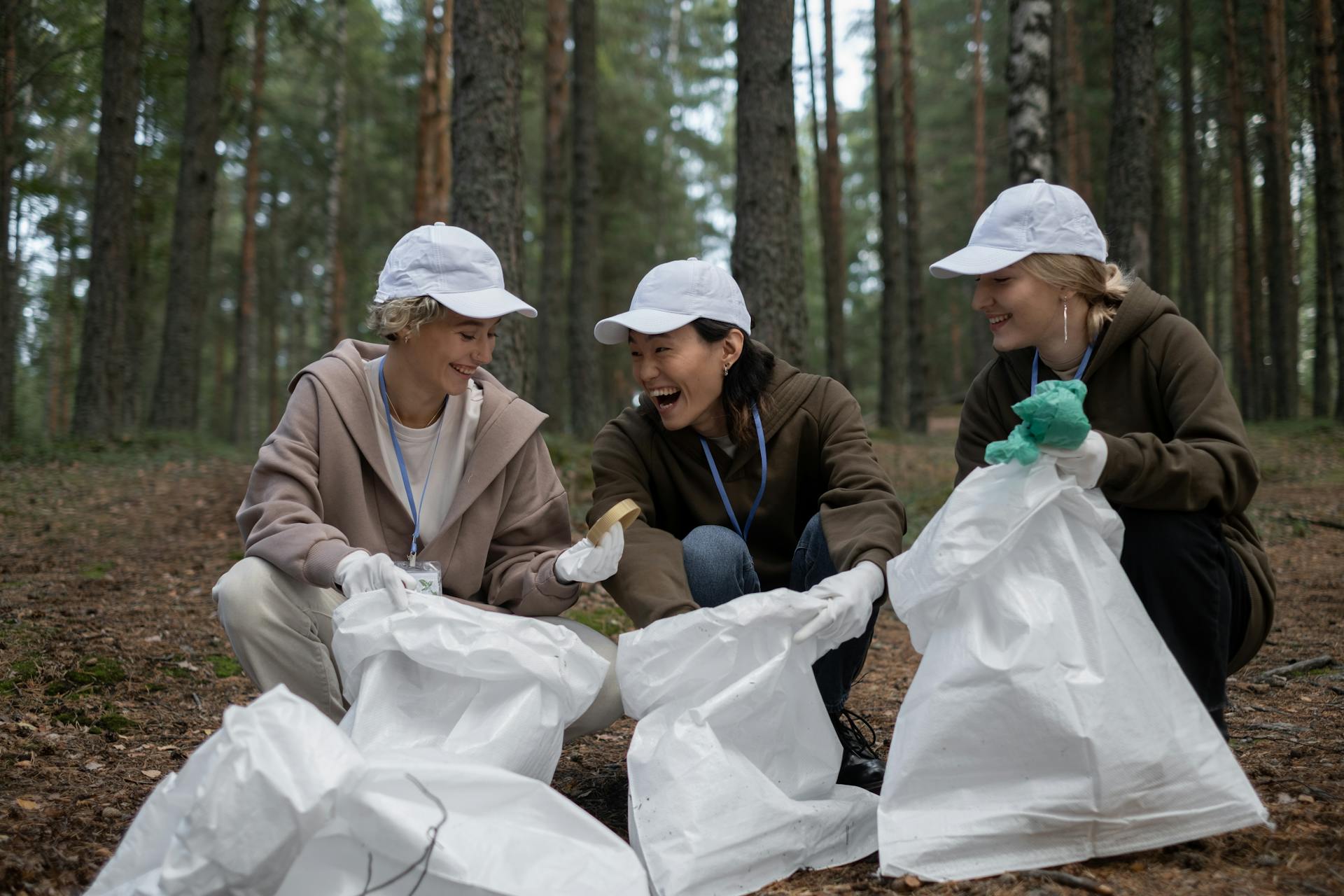A tourist from Denmark accidentally joined a neighborhood cleanup crew in Kagoshima last week, mistaking the gathering for a community event. He was not corrected. He was handed a broom.
What followed was two hours of quiet sweeping, three rounds of polite confusion, and one unexpected lunch invitation that turned a misstep into a memory.
The Mistake That Made Sense
Jens Mikkelsen, 34, had arrived in Kagoshima the night before, hoping to explore the city’s quieter neighborhoods and avoid the usual tourist routes. He preferred quiet streets, places where locals passed without noticing. But on that particular day, he found himself slightly off course, wandering through unfamiliar alleys, unsure if he was still heading in the right direction. A tourist, perhaps, but not the kind who meant to be.
On Tuesday morning, while walking near a residential park, he spotted a group of older residents wearing matching hats and aprons, gathering with brooms and dustpans. “I thought, oh, this must be a local volunteer day,” he said. “So I joined. No one stopped me. One woman handed me gloves. I bowed. She bowed. It felt like I was already part of it.”
For the next two hours, Jens swept leaves, picked up litter, and quietly fell into the group’s rhythm. “I didn’t understand most of what was said,” he admitted. “But the movements made sense. Sweep, nod, smile. It was strangely satisfying. Like I was participating in something gentle and important, even if I didn’t know what it was.”
He described the experience as “emotionally quiet,” adding: “I didn’t feel exactly useful. But I felt included, and that’s rare when you’re traveling alone.”
The Crew That Didn’t Mind
The cleanup group, known locally as Sakura 3-chome Sanpai-kai, meets every Tuesday to tidy shared spaces, sidewalks, benches, and the small park where neighborhood children play. When asked why they didn’t question the unfamiliar face, member Mrs. Kiyokawa simply said: “He looked like he wanted to help. That’s enough.”
Another member, Mr. Kobayashi, added: “We thought maybe he was someone’s cousin. Or a new neighbor. Or a spirit. Either way, he was very polite.”
The group has no formal registration, no uniforms beyond the aprons, and no hierarchy. “Sometimes people join us by accident,” Mrs. Kiyokawa explained later. “But it’s not really an accident if they stay until the end.”
The Lunch That Became a Story
After the cleanup, Jens was invited to join the group for lunch at a nearby community center. It was a modest building with sliding doors, a faint smell of tatami, and a calendar still turned to August. The meal was simple: miso soup, rice balls, pickled daikon, and tea served in mismatched cups. But the atmosphere was unusually tender, as if the group had collectively decided not to ask too many questions.
Conversation unfolded slowly, through gestures, translation apps, and the occasional shared word. Jens learned that Mrs. Kiyokawa had once visited Denmark in her twenties, though she couldn’t remember the city. She did remember the bread. He remembered the silence.
At one point, Mr. Kobayashi offered Jens a second rice ball and said, in careful English, “You sweep very gently.” Jens smiled, unsure if it was a compliment or a poetic observation. Either way, it felt true.
Before leaving, Jens was handed a small envelope containing a handwritten note: “Thank you for sweeping with us. Come back anytime. Tuesdays are good.”
He tucked it into his travel journal, between a train ticket and a pressed leaf. Later, he would describe the lunch not as a meal, but as a moment when he stopped being a tourist.
Mrs. Kiyokawa Reflects
A few days later, TTT followed up with Mrs. Kiyokawa to ask what she remembered most about the encounter. She paused, then said: “He didn’t speak much. But he bowed when we bowed. He swept slowly, like he was listening to the ground. That’s rare.”
She smiled, then added: “We didn’t need to know his name. He was part of the morning. That’s enough.” When asked if she hoped he’d return, she nodded. “If he does, we’ll have extra gloves. And maybe more pickles.”


